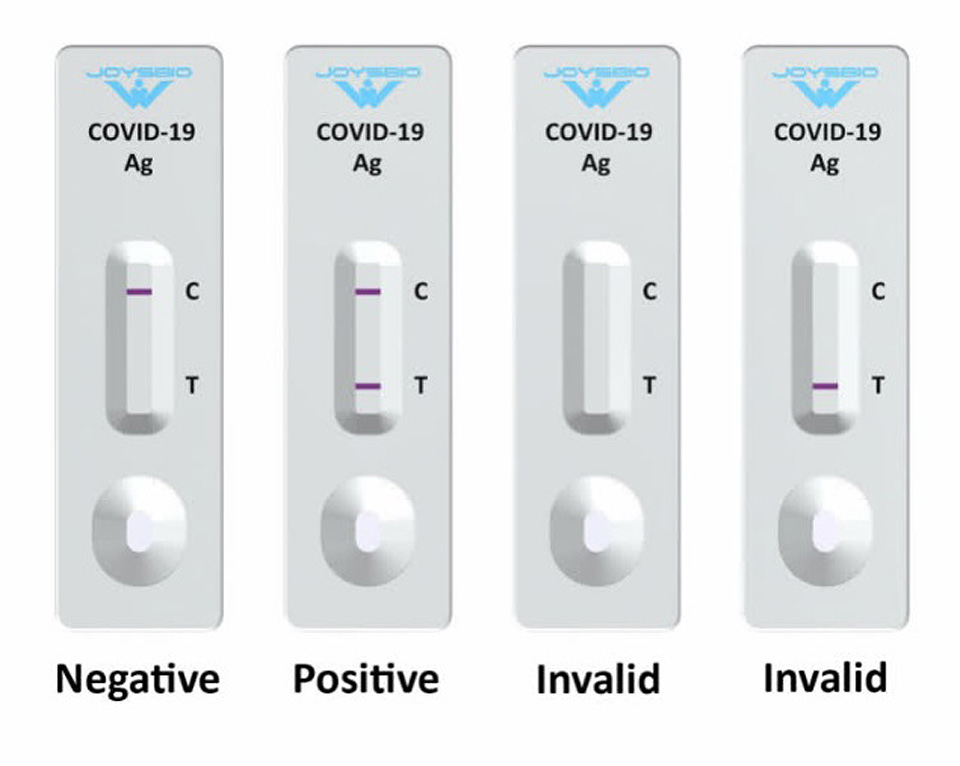
The Department of Medical Services has provided guidance for people who test positive to COVID-19 using an antigen test kit, as they may not be able to undergo a reverse transcription polymerase chain reaction (RT-PCR) test. The guidelines will help them access medical services faster.
The Department of Medical Services has forwarded the guidelines to provincial public health officials and directors of hospitals under the supervision of the Ministry of Public Health, the Ministry of Higher Education, Science, Research and Innovation, the Ministry of Defense and the Bangkok Metropolitan Administration (BMA) as well as private hospitals.
With mutations making the virus more infectious, affecting the country’s public health system in areas of disease-control and access to medical care, the Ministry of Public Health’s guidelines on the use of antigen testing will help people who may not have access to RT-PCR testing, which can lead to a delay in medical treatment.
According to the guidance, people, who test positive using an antigen test kit, are classified as a probable COVID-19 case. They can obtain prescription medications and undergo home isolation immediately. Probable cases, who need to undergo community isolation or receive treatment in health institutions, are advised to take an RT-PCR test and isolate themselves while waiting on the test result because the false positive rate of antigen testing is about three to five percent.
People who test positive can call the National Health Security Office’s 1330 hotline, then press 14, to register and go through an interview process with medical personnel to assess their condition. The hotline service has some 3,000 phone lines. If they are green-level patients, they’ll undergo home isolation. Officials will then deliver medical supplies, including a thermometer, an oximeter, and green chiretta or favipiravir tablets, to their homes. Officials will contact them twice a day to follow up on their condition. If they experience shortness of breath, chest tightness or a low oxygen level, an ambulance will be sent to take them to a hospital. (NNT)
 |
 |
 |





